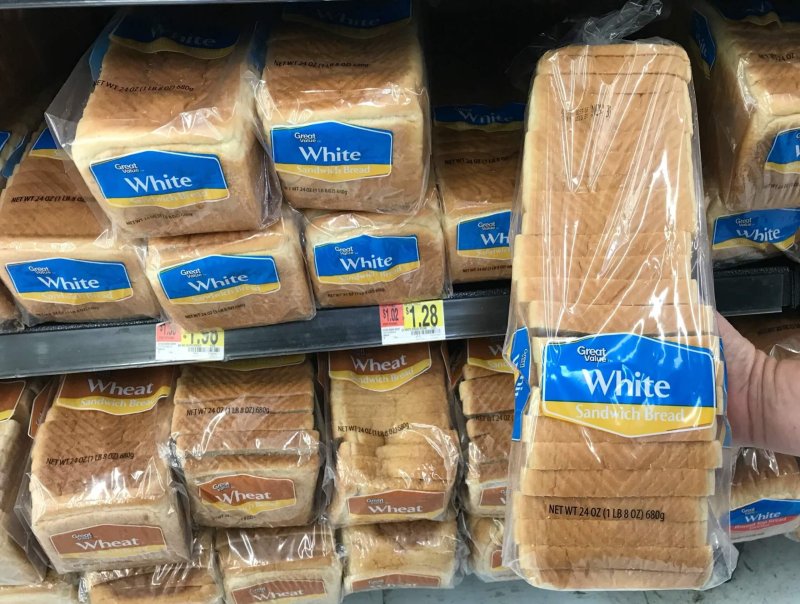Wine, cheese, yoghurt and bread: all these culinary delights owe their existence to the work of microorganisms like bacteria, yeast, and mould, which create the fermentation process that’s so essential to the flavor of these foods. But with their voracious appetites, these microbes need a substrate to continuously feed on. And according to researchers, the tons of wasted bread we usually heap into landfills each year could provide the ideal, sustainable feast.
The new study, published in Frontiers in Microbiology, describes the invention of a microbe feed mixture – what’s known as a ‘starter’ – containing 50% wasted bread, provided by leftovers from commercial sandwich production. When combined with enzymes and other supplements, the researchers discovered that this repurposed bread not only created a nutritious base for multiple different microbes, but also cost three times less to make than regular substrates, which are usually produced from several raw materials to feed microbes.
For the bakery industry, repurposing bread waste instead of sending it to the landfill could provide a new revenue stream – and could also bring down the industry’s emissions footprint, the researchers say. Indeed, it’s estimated that we waste several hundred tons of bread across the planet every day ….































